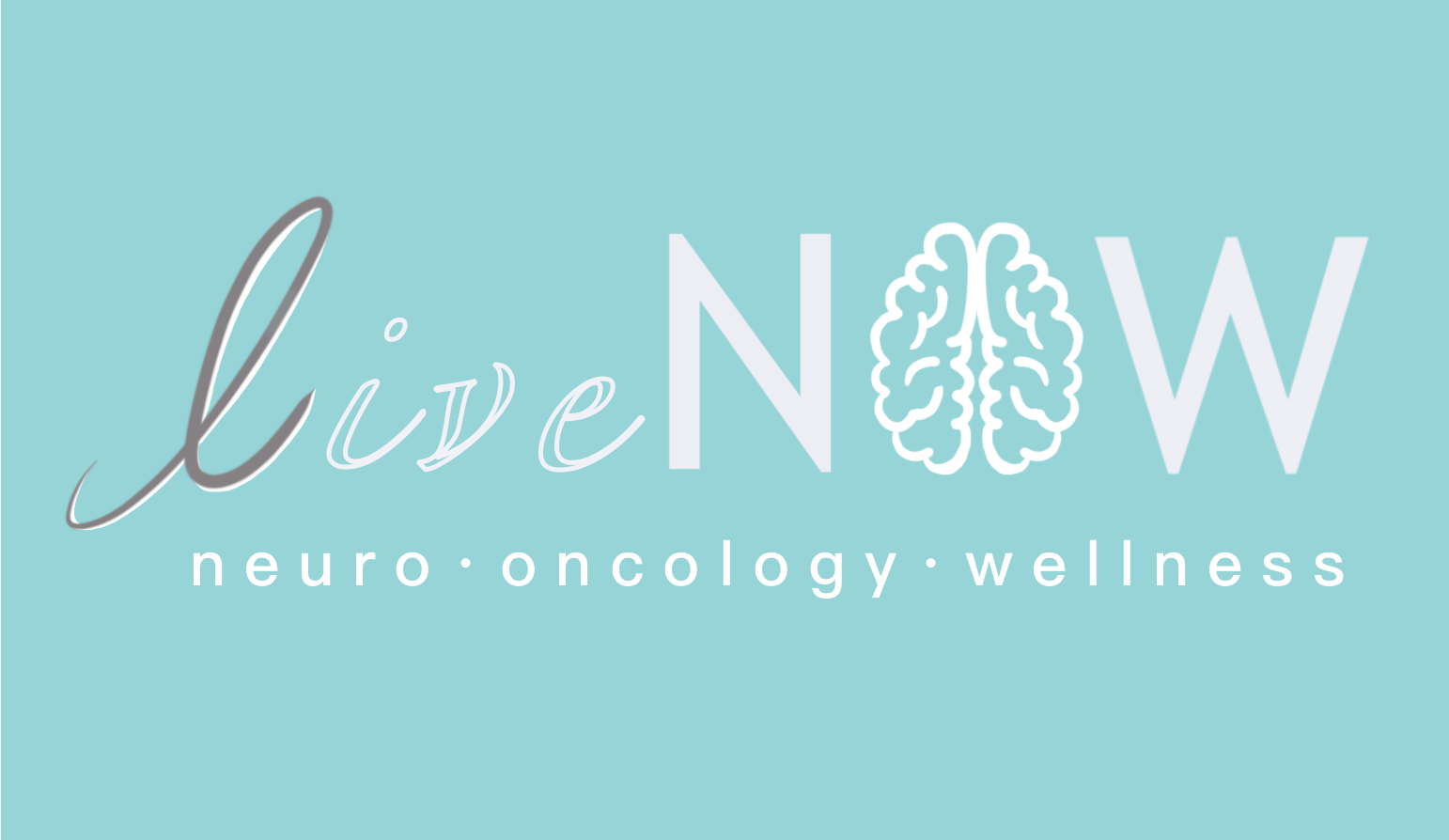Projects
Cognitive Rehabilitation Study (C-SMART)
Cognitive changes following brain tumor and its treatments are common and can negatively impact daily functioning, employment, relationships, and independence. We recently developed a cognitive rehabilitation program with mindfulness training integrated to address cognitive changes for patients living with brain tumors. Cognitive Strategies Mindfulness And Rehabilitation Treatment (C-SMART) consists of mindfulness meditation training, goal setting, cognitive strategy learning and implementation, as well as goal monitoring. We encourage caregivers or loved ones to attend sessions, if helpful, to support their patients as they participate in this program. We are in the early stages of testing C-SMART and want to start by understanding whether it is feasible and acceptable for our patients with brain tumors.
Contact us if you are interested in participating. *Local recruitment*
Neurocognitive Registry
We are establishing a registry of patients with brain tumor who undergo neurocognitive testing throughout their cancer experience. With a large enough database, we will be able to better understand the cognitive effects of tumor location, type, and treatment. This information will help us to provide more personalized resources and treatment options to reduce the impact of these cognitive changes. *Local recruitment*
Reducing Fear of Cancer Recurrence Study (FearLess)
Fear of cancer recurrence or progression (FCR) can negatively affect life quality for patients with brain tumors. We developed a psychological intervention using mindfulness, cognitive-behavioral, and existential therapy components to address FCR in this population--something that had never been done before in neuro-oncology. Participation in this research project involves attending 10 weekly sessions [all virtual via Zoom] where you will learn strategies to decrease your fears and worries surrounding tumor growth. Caregivers or loved ones are also eligible for this trial.
Contact us if you are interested in participating. *National recruitment*
Completed Projects
CALM: Symptoms of depression and death-related distress are commonly experienced by those with brain cancer. This study tested an evidence-based talk therapy, Managing Cancer and Living Meaningfully (CALM) in neuro-oncology for patients and caregivers.
Cogmed: Cogmed is a computer-based cognitive training program that has been shown to improve attention and working memory; however, efficacy of this program has yet been established in those with brain tumor. This study provided Cogmed training and longitudinally assessed participants' cognitive performance.
Forgotten Voices - Addressing Unmet Needs in Brain Cancer Caregivers: This two-part study sought to: (1) understand the emotional needs and treatment preferences of caregivers of brain tumor patients over the course of their loved one’s illness, and (2) investigate how well an established psychotherapy (CALM therapy) addresses these concerns. The results of this project will be used to develop and refine interventions specific to improving the quality of life of caregivers of brain tumor patients.
Sleep Improvement Study (CBT-I): This study randomized individuals with brain tumor and insomnia to receive either 1) an evidence-based behavioral intervention, Cognitive Behavioral Therapy for Insomnia (CBT-I), or 2) a comparison group. The results of this project will tell us how effective CBT-I is for managing sleep difficulties after completing treatment for those with brain tumors.
Understanding Existential Distress: A brain tumor diagnosis can raise feelings of uncertainty about the future, anxiety about death, and questions about the purpose of life. In this survey study, we want to learn more about how these issues affect those with brain tumor and their loved ones. This information will help us to design and test an intervention to improve existential distress among those with brain tumor.
